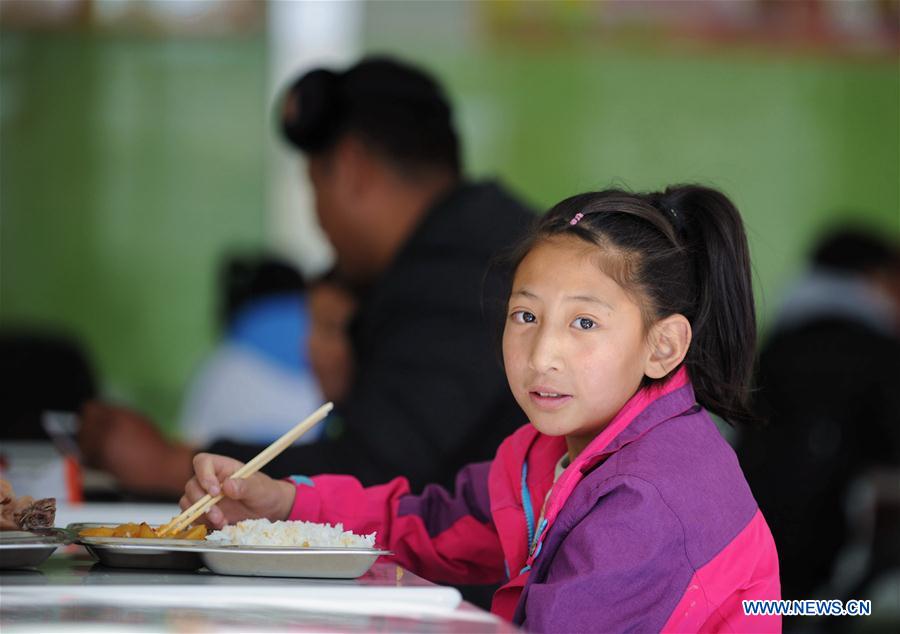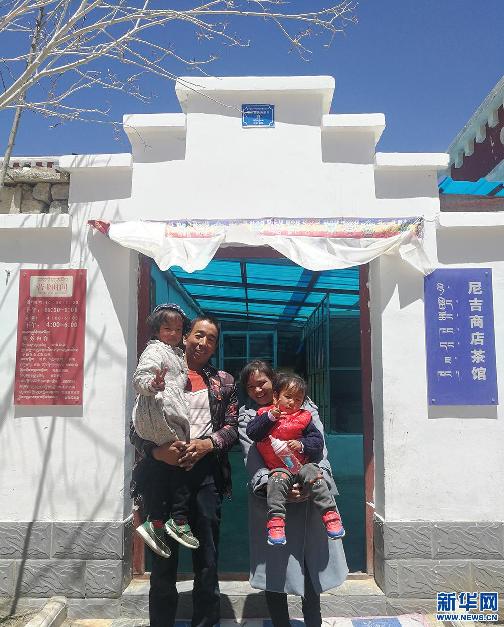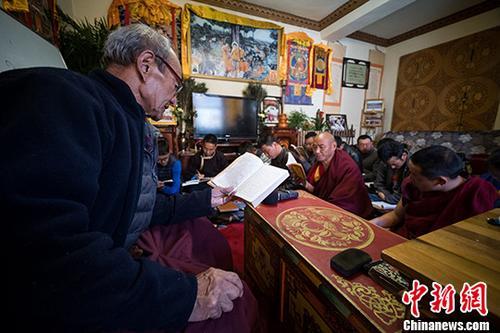China approves new anti-HIV drug with fewer side effects on liver
China has approved the world's first long-acting fusion inhibitor for HIV, media reported.
The China Food and Drug Administration has approved the domestically developed, long-acting injectable HIV drug Albuvirtide, Science and Technology Daily reported on Tuesday.
Developed by the Nanjing-based Frontier Biotechnologies Inc., the drug can block the fusion of the virus and host cell membranes, interrupting the HIV life cycle in its earliest stage, the Xinhua News Agency reported.
Albuvirtide is injected once a week and is secure, a staff from the Nanjing-based Frontier Biotechnologies Inc, surnamed Zhu, told the Global Times on Tuesday.
Compared to imported anti-HIV drugs, Albuvirtide has fewer side effects, especially on the liver, Xinhua reported, quoting Wu Hao, head of the infection center at Beijing You'an Hospital.
The drug is a fusion inhibitor that should be used with antiretroviral drugs to treat people suffering from HIV who have received antiviral therapy, according to the company's website.
Albuvirtide could potentially enhance patient compliance, improve quality of life and reduce treatment costs for HIV-infected patients, it wrote.
Current HIV treatments used in China are either generic or imported. AIDS and HIV patients mostly took a handful of pills every day, Peng Xiaohui, a sexologist at Central China Normal University, told the Global Times.
"China's first domestically developed drug offers new HIV patients a new treatment option. We hope to dispel the fact that China has not developed good anti-AIDS medicine," Xie Dong, chief scientist and former head of Frontier Biotechnologies Inc was quoted by the Science and Technology Daily as saying.
Xinhua reported that several companies are developing long-acting AIDS drugs in China, but only Frontier's drug has been approved.
Peng said patients have to overcome psychological obstacles first since they need to inject medicine on their own or have a doctor do it for them.
Liu Shi (a pseudonym), an HIV carrier who works for an NGO on improving public awareness of sexual health and sexuality issues, told the Global Times that he is eager to seek better treatments for HIV/AIDS carriers. Because the current medicines he takes must be consumed every 24 hours, they cause serious side effects, like extreme drowsiness and kidney and liver failure.
Data shows 718,270 people suffer from HIV/AIDS in China. As of the end of June 2017, 221,628 people had died of AIDS-related diseases in China, Xinhua reported in December 2017.
Newspaper headline: China approves potent anti-HIV drug
Your Comment
Name E-mailRelated News
-
-
China calls for better efforts by courts on environment protection
China's Supreme People's Court Monday issued a guideline asking courts at all levels to exercise better judicial functions in environmental cases to contribute to the building of a more ecologically aware society.
-
-
Kenyan police to visit China for railway security training
byJinZheng,ChristineLagatNAIROBI,May23(Xinhua)--ThirtyKenyanpoliceofficerswillsoontraveltoChinatoparticipateinafour-weektrainingonrailwaysecurityfundedbytheChinesegovernment.
-
-

-
Education quality in Tibet sees great improvement
Education quality of the region has seen great improvement since a program, in which excellent teachers from other places support the region through education, was launched in 2016.
-
-
-

-
5,711 orphans adopted in SW China's Tibet
By the end of 2017, the region has established 11 orphanages with 5,711 orphans being adopted.
-
-
-
Fewer Chinese students overseas considering migration: survey
Compared with previous years, more Chinese students studying overseas said they did not plan to immigrate in the future, according to a report released earlier this week. The Report on Chinese Students' Overseas Study, issued by the New Oriental Vision Overseas and six other companies, was based on a survey conducted both online and offline between February and March this year covering about 5,000 valid samples.







